Rooftop honey bee hives have northeastern Japan city hall buzzing

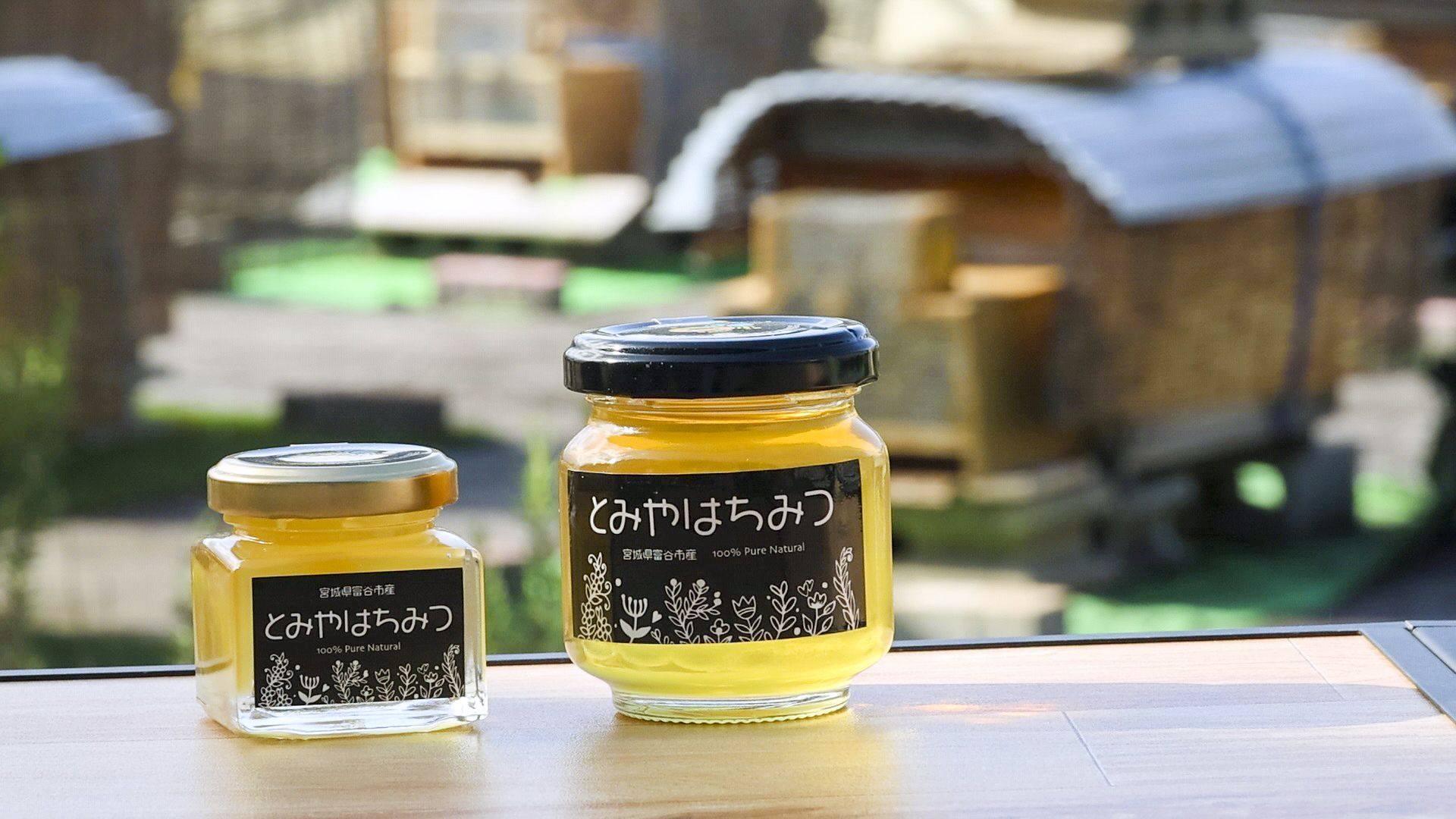
The rooftop of the Tomiya City Hall in Miyagi Prefecture in northeastern Japan is constantly abuzz. Not with residents complaining about taxes, but instead, with honey bees.

It is estimated there are hundreds of thousands of honey bees bustling in and out of more than a dozen bee hives lined up on the rooftop of the three-story city hall building.
Some 250 kilograms of honey is harvested a year and has become a popular choice among gifts offered by the city under the nationwide hometown tax program, which allows people to "donate" some of their tax payments to a municipality of their choice in return for local specialties or experiences.
With the increase in donation applications, city officials believe the business is now on track and they plan to step up promotional efforts.
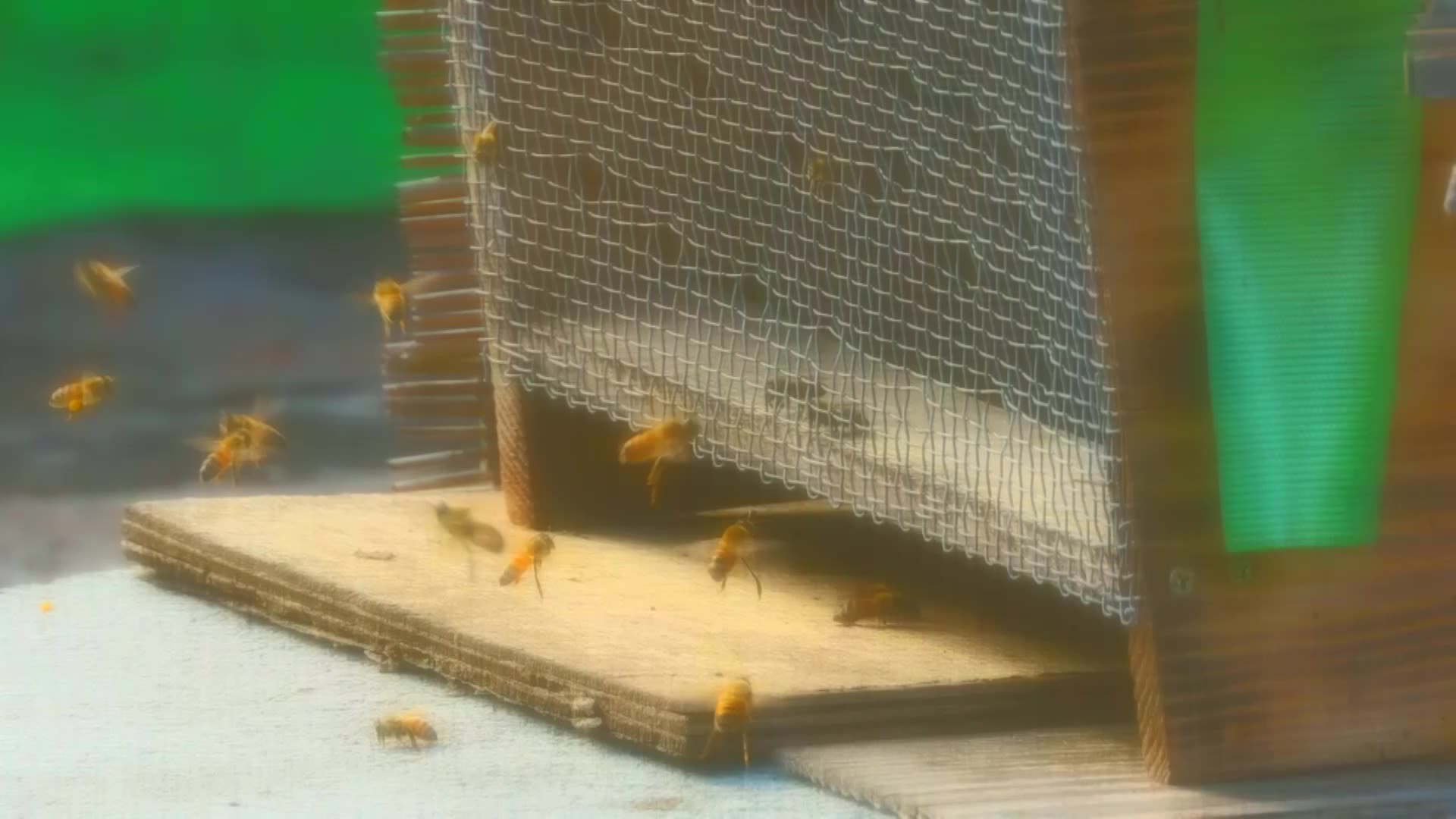
Tomiya is rich in nature with a variety of flowers blooming across the city. The municipality began engaging in beekeeping in earnest in 2017 with the help of residents and others, with the hopes of making honey a local specialty.
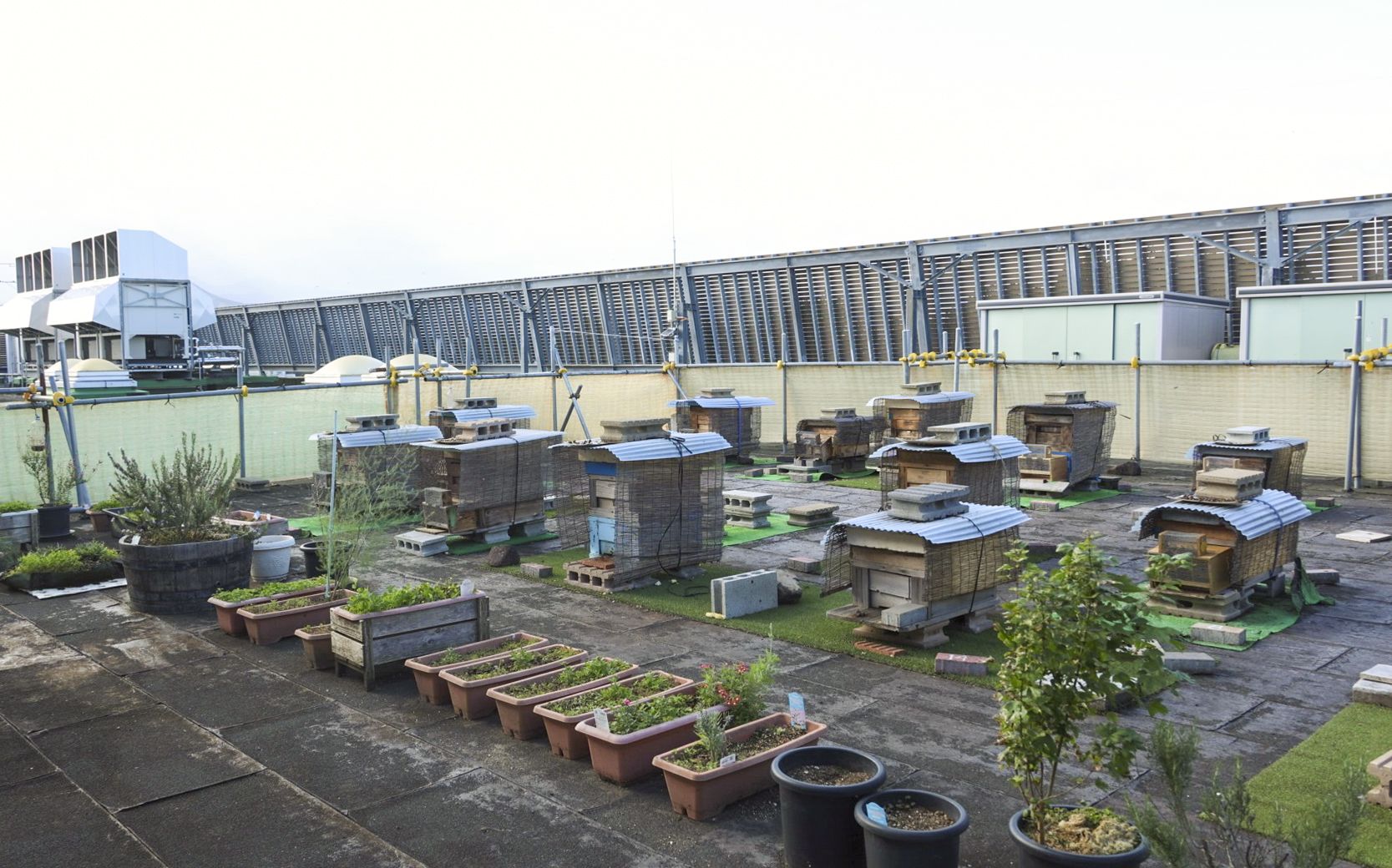
Worried that keeping bees near the mountains and forests might attract bears to the area, the officials turned their attention to "rooftop beekeeping," an urban method of apiculture that makes use of human-made structures like commercial facilities.
Since the city hall is located on a hill away from residential areas, even if the bears could sniff out the honey they are unlikely to pose any danger to residents. There have also been few complaints even though the bees fly around town to gather the nectar they need.
(Background photo courtesy of Tomiya Honey Project)
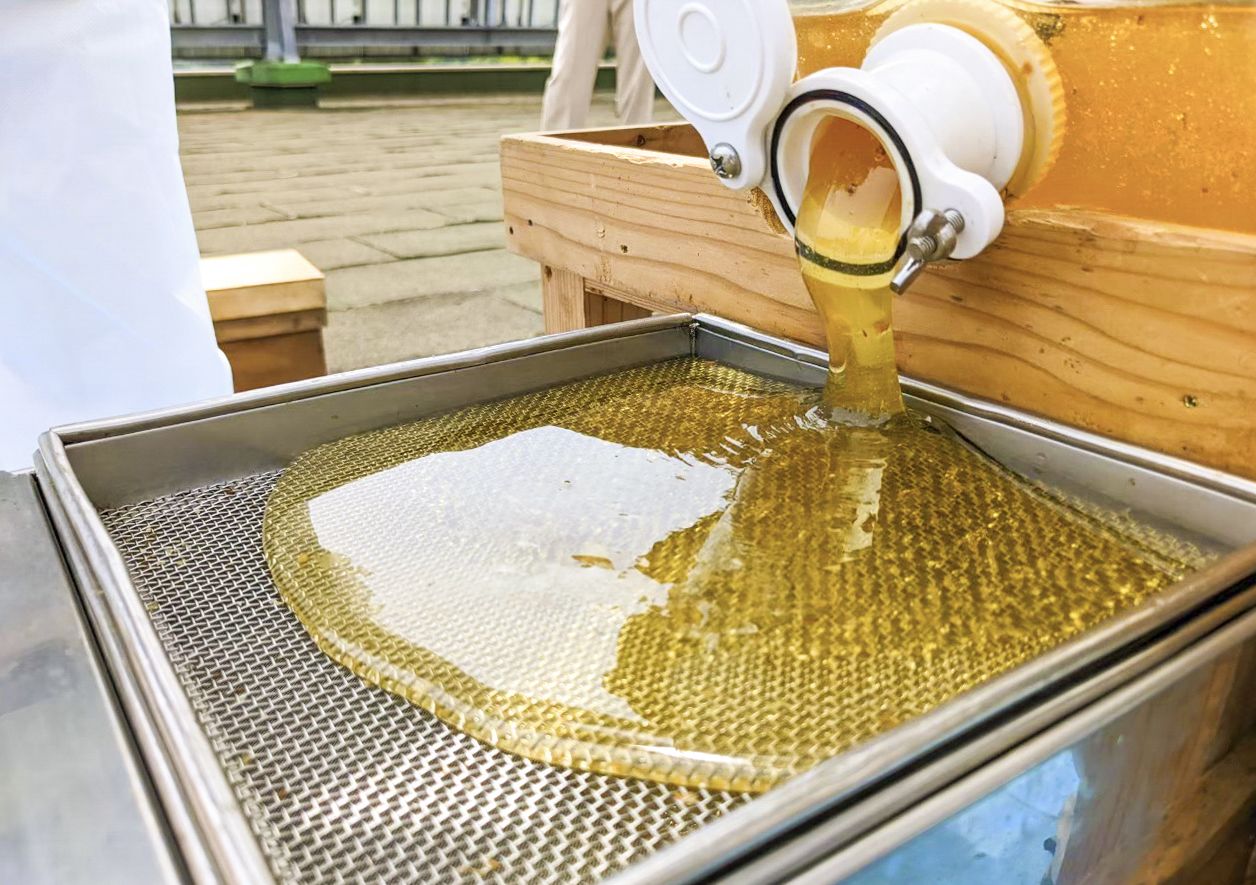
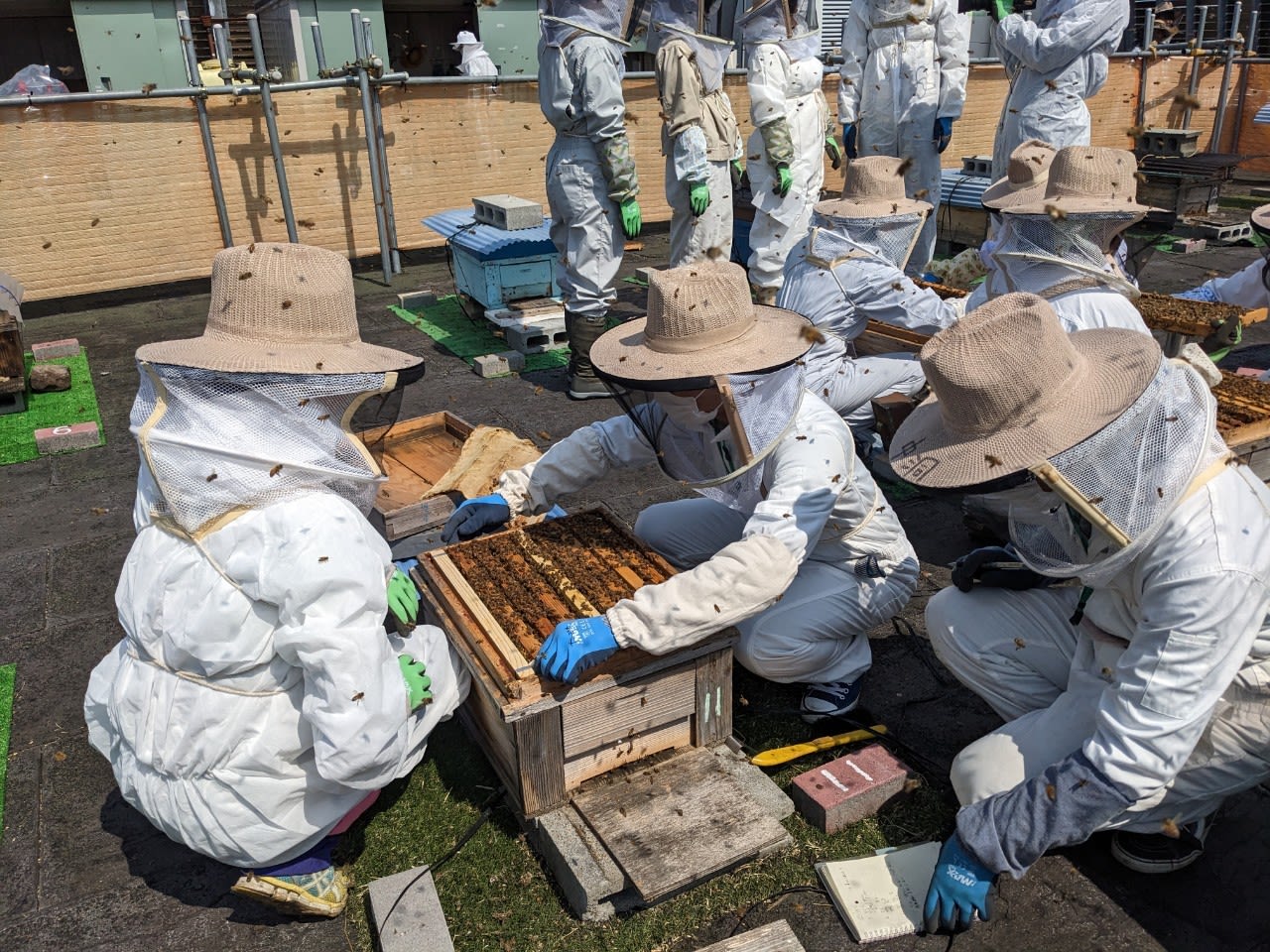
(Copyright Tomiya Honey Project)
(Copyright Tomiya Honey Project)
Interest in beekeeping gradually spread in Tomiya and a product made by a local NPO won a prize in a contest in August 2023.
That sparked a sharp increase in "donations" through the hometown tax system where rooftop honey was offered as a gift, with applications jumping fivefold compared to the previous year and reaching the maximum limit.
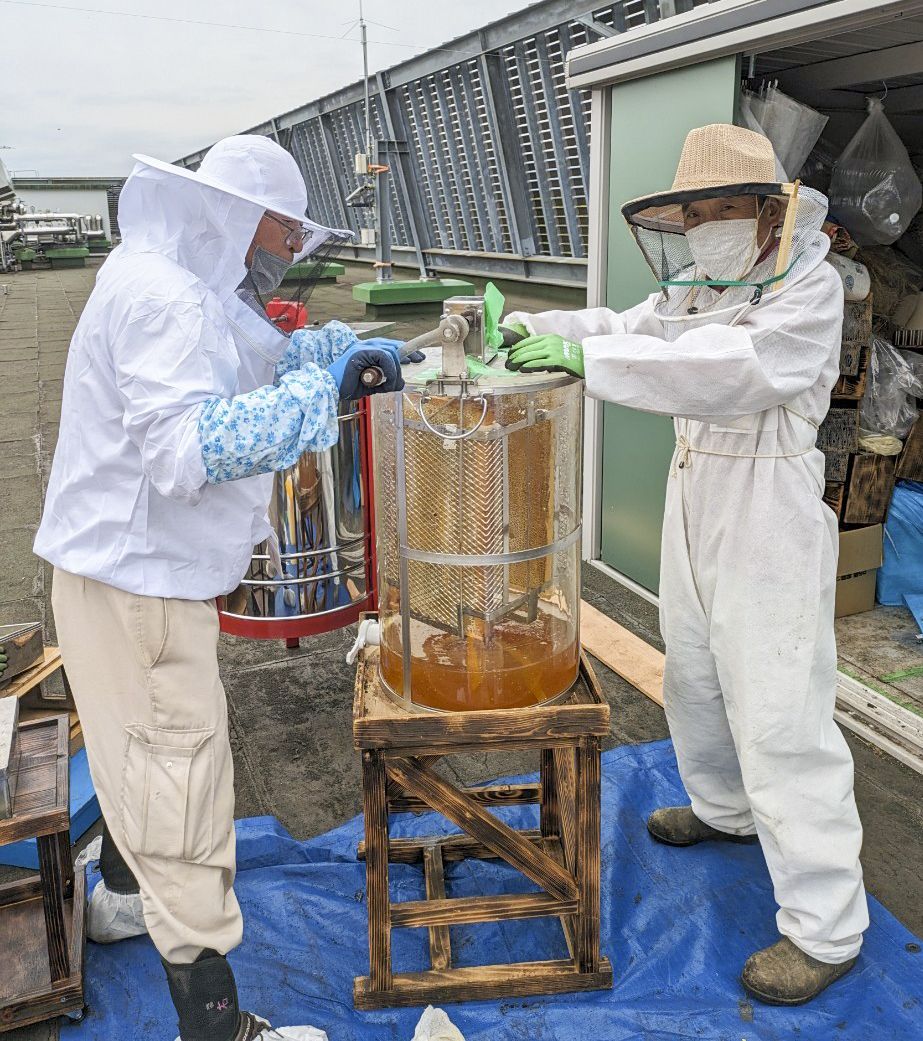
(Copyright Tomiya Honey Project)
(Copyright Tomiya Honey Project)
The city hall's rooftop honey is also sold at eateries across the city. It is also popular as an ingredient in confectionery making, with various shops using the honey in their products such as gelato, madeleine and chocolate.

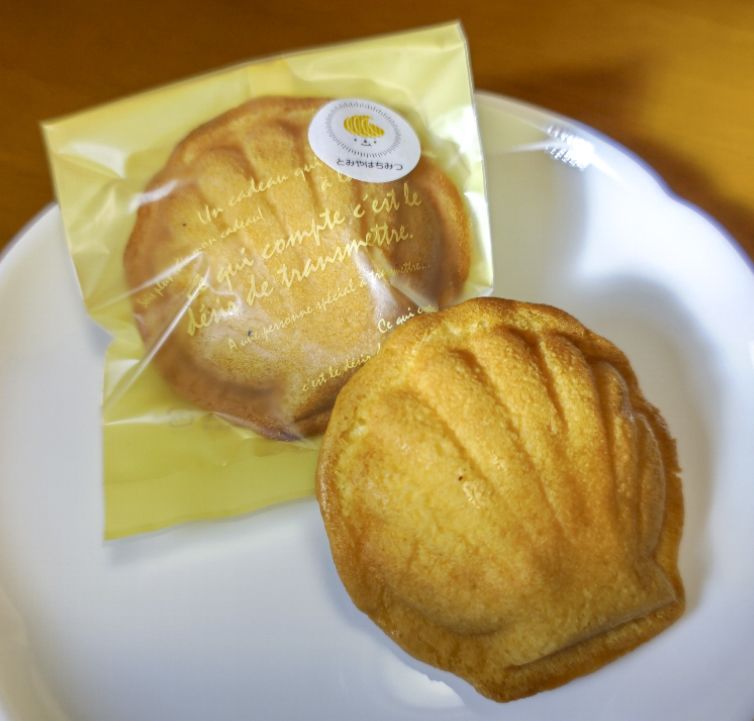
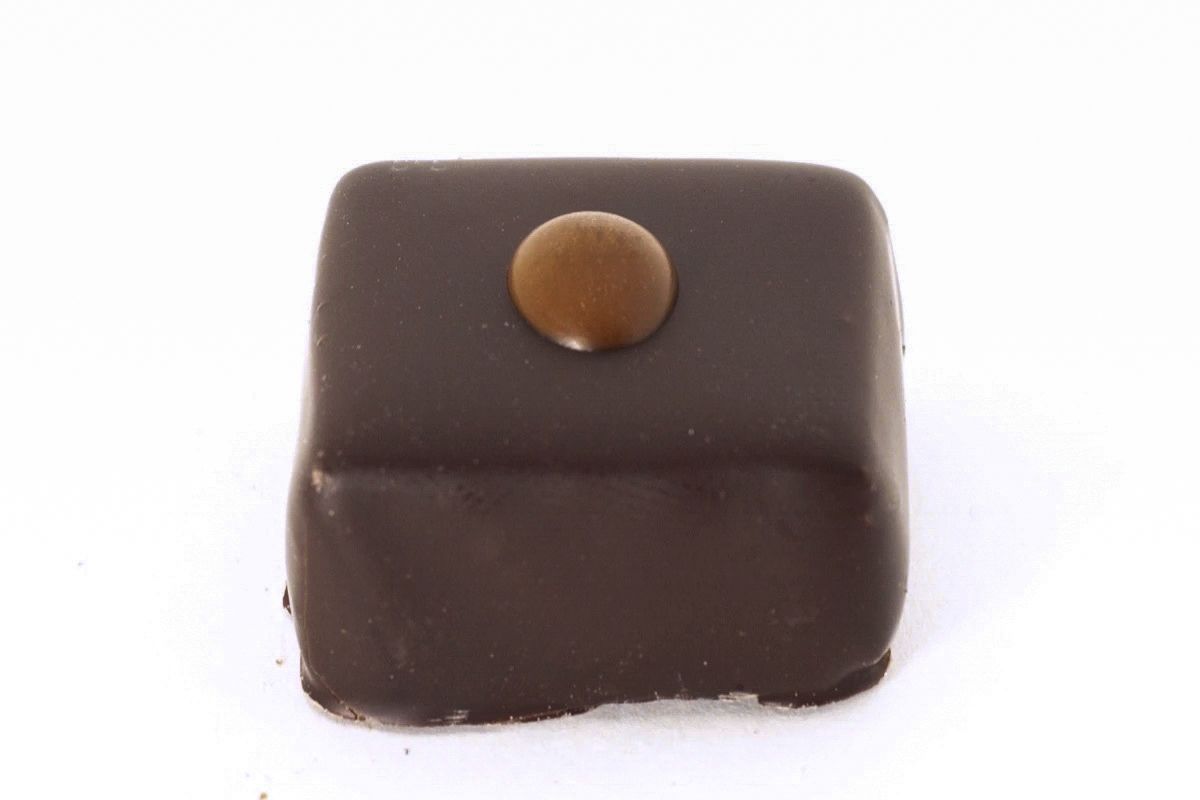
(Copyright Tomiya Honey Project)
When the city first began its beekeeping endeavors, many of the insects were lost during Tomiya's cold winter.
After a bit of trial and error, though, changes were made that allowed most of the bees to survive the cold months.
As the bees' growth is easily affected by pesticides and other factors, environmental considerations are also essential.
"We aim to be a city that is friendly to humans and to bees," a city official said.

Text : Eugene Sakai
Design & Animation : Sakura Tsuchiya
Design support : Mayuko Dohi
Photo & Video : Eugene Sakai
Translation:Janice Tang
Line Producer : Yuki Murayama
Special Thanks to : Tomiya Honey Project
Other visual stories
Okinawan Spam soul food sandwich on a roll worldwide
The success of a Japanese man who took an "onigiri" rice ball sandwich known for years as the soul food of Okinawa and turned it into a booming franchise began when his wife cooked the pork and fried egg snack for him one morning at home.

May the tomato be with you - Japanese tomato farmer hits sweet spot with viral marketing
A tomato farm in Niigata has created a stir on social media through an inventive marketing strategy, with orders pouring in from across Japan despite the owner himself not being so keen on the famous fruit.

Night factory tours provide history lesson of Japan's modern economy
Hundreds of lights emit an ethereal glow while a flame billows from a slender chimney that towHundreds of lights emit an ethereal glow while a flame billows from a slender chimney that towers over a refinery, warming a group of tourists who have come to see the collection of factories that dot Kawasaki, a large industrial seaside city near Tokyers over a refinery, warming a group of tourists who have come to see the collection of factories that dot Kawasaki, a large industrial seaside city near Tokyo.

The First Slam Dunk - Craze across Asia
"The First Slam Dunk," a Japanese animation film based on the popular basketball manga Slam Dunk, has proved to be a box office hit across Asia. We explore the background to the enthusiasm among Asians for the movie that has transcended time.
The Company uses Google Analytics, an access analysis tool provided by Google. Google Analytics uses cookies to track use of the Service. (Client ID / IP address / Viewing page URL / Referrer / Device type / Operating system / Browser type / Language /Screen resolution) Users can prevent Google Analytics, as used by the Company, from tracking their use of the Service by downloading and installing the Google Analytics opt-out add-on provided by Google, and changing the add-on settings on their browser. (https://tools.google.com/dlpage/gaoptout) For more information about how Google handles collected data: Google Analytics Terms of Service (https://policies.google.com/technologies/cookies?hl=en#types-of-cookies) Google Privacy & Terms(https://policies.google.com/privacy)
© Kyodo News. All Rights Reserved. No reproduction or republication without written permission.


